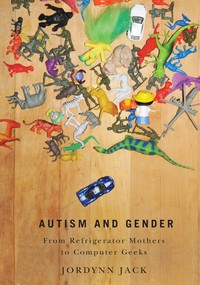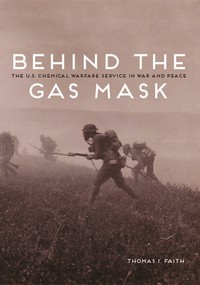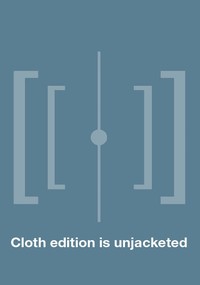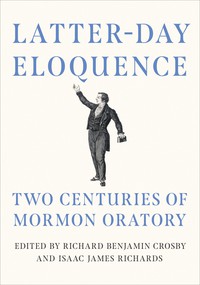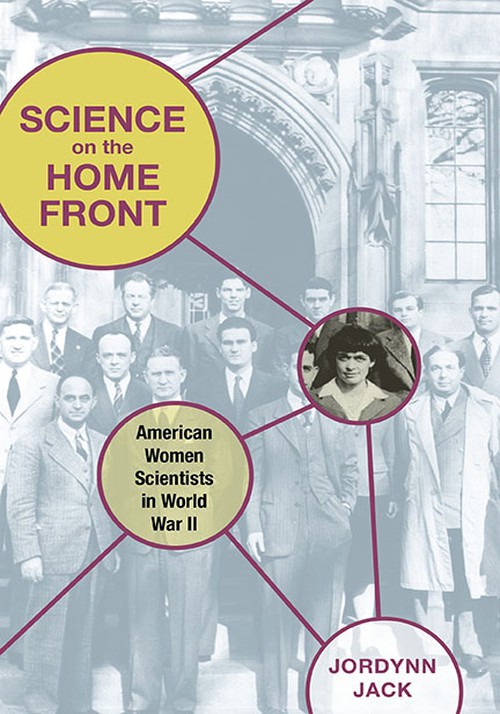
Science on the Home Front
Cloth: 10/19/2009
About the Book
During World War II, women scientists responded to urgent calls for their participation in the war effort. Even though newspapers, magazines, books, and films forecasted tremendous growth in scientific and technical jobs for women, the war produced few long-term gains in the percentage of women in the sciences or in their overall professional standing.In Science on the Home Front, Jordynn Jack argues that it was the very language of science--the discourses and genres of scientific communication--that helped to limit women's progress in science even as it provided opportunities for a small group of prominent female scientists to advance during the war. The book uses the experiences of individual women--from physicists Leona Marshall and Katharine Way, who worked on the Manhattan Project, to Lydia J. Roberts, who developed the Recommended Dietary Allowances--to illuminate the broader limitations of masculine scientific culture and its discourses of expertise, gender neutrality, technical expediency, and objectivity. Focusing on genres of women scientists' writing in the disciplines of psychology, anthropology, physics, and nutrition, the study identifies key characteristics of scientific culture and rhetoric that continue to limit women's advancement in science and to stifle their unique perspectives.
Reviews
"Recommended."--Choice"Jack does an excellent job of expanding notions of genre, arguing that scientific genres not only regulated gender norms and determined access to knowledge and expertise, they also decided who could speak within the academy and whose work was considered valuable."--Rhetoric & Public Affairs
Blurbs
"Jordynn Jack is the first to tell in splendid detail what opportunities existed during World War II for scientific women, what they accomplished, and what barriers remained. No other books are comparable to this excellent text."--Londa Schiebinger, author of Nature's Body: Gender in the Making of Modern Science
"Jack has worked insightfully through a wide variety of documents that have been less studied, and she introduces important women psychologists, anthropologists, physicists, and nutritionists whose stories have been neglected. A stimulating and compelling work about gender and genre in science."--Ann B. Shteir, coeditor of Figuring It Out: Science, Gender, and Visual Culture
